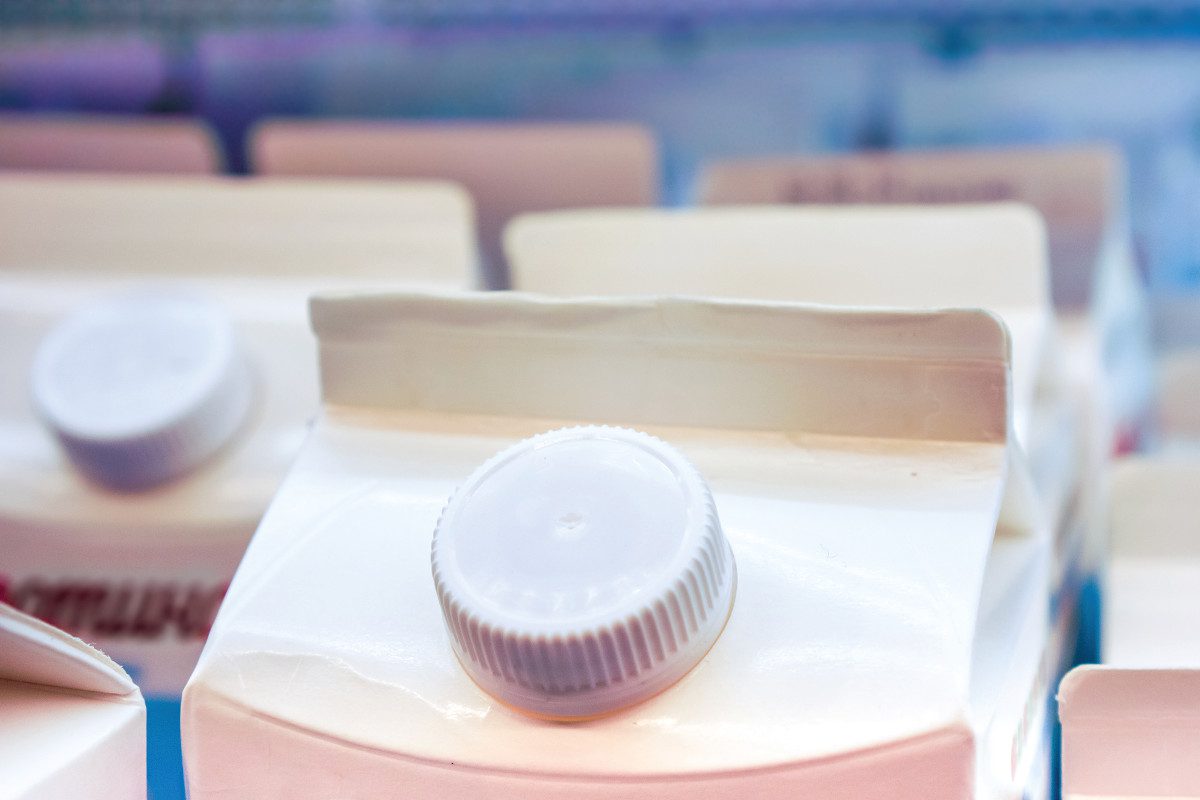
The latest figures on beverage carton recycling in the EU show that they have surpassed 50% for the first time. The recycling rate for beverage cartons in the EU28[1] rose to 51% in 2019, a rise of 2% on 2018 figures and a continued year-on-year increase.
“We are pleased that the steady annual increase of the recycling rate for beverage cartons in 2019 surpassed 50%,” said Annick Carpentier, Director General of the Alliance for Beverage Cartons and the Environment (ACE) in Brussels. “This is proof of our industry’s efforts and enhances the message that beverage cartons are recyclable and are being recycled at scale in Europe.”
Richard Hands, Chief Executive of ACE UK, which represents carton manufacturers Tetra Pak, Elopak and SIG Combibloc in the UK, said: “Our sector is committed to supporting and promoting beverage carton recycling and the continuing upward trend in the EU carton recycling rate in 2019 is great news.
“Our focus in the UK continues to be on building access to recycling facilities for all. In Europe consistent kerbside collections which include beverage cartons have been shown to increase recycling rates, and we welcome moves by the UK Government to create more consistency for collections in the UK. This must now include beverage cartons.”
Hands added: “Currently 68% of local authorities collect beverage cartons at kerbside and when recycling bring banks are included, 94% of local authorities now collect cartons for recycling, ensuring that the vast majority of households in the UK have access to a carton collection system.”
ACE UK has a dedicated recycling team which offers advice and support to local authorities and community recycling networks wanting to collect cartons. An interactive map on the ACE UK website (http://ace-uk.co.uk/recycling/where-can-i-recycle) also helps residents find out where and how they can recycle beverage cartons in their area.
To find out more about beverage carton recycling, visit: www.ace-uk.co.uk
Notes
[1] Data includes information from the United Kingdom, which at that time was still an EU Member State.







